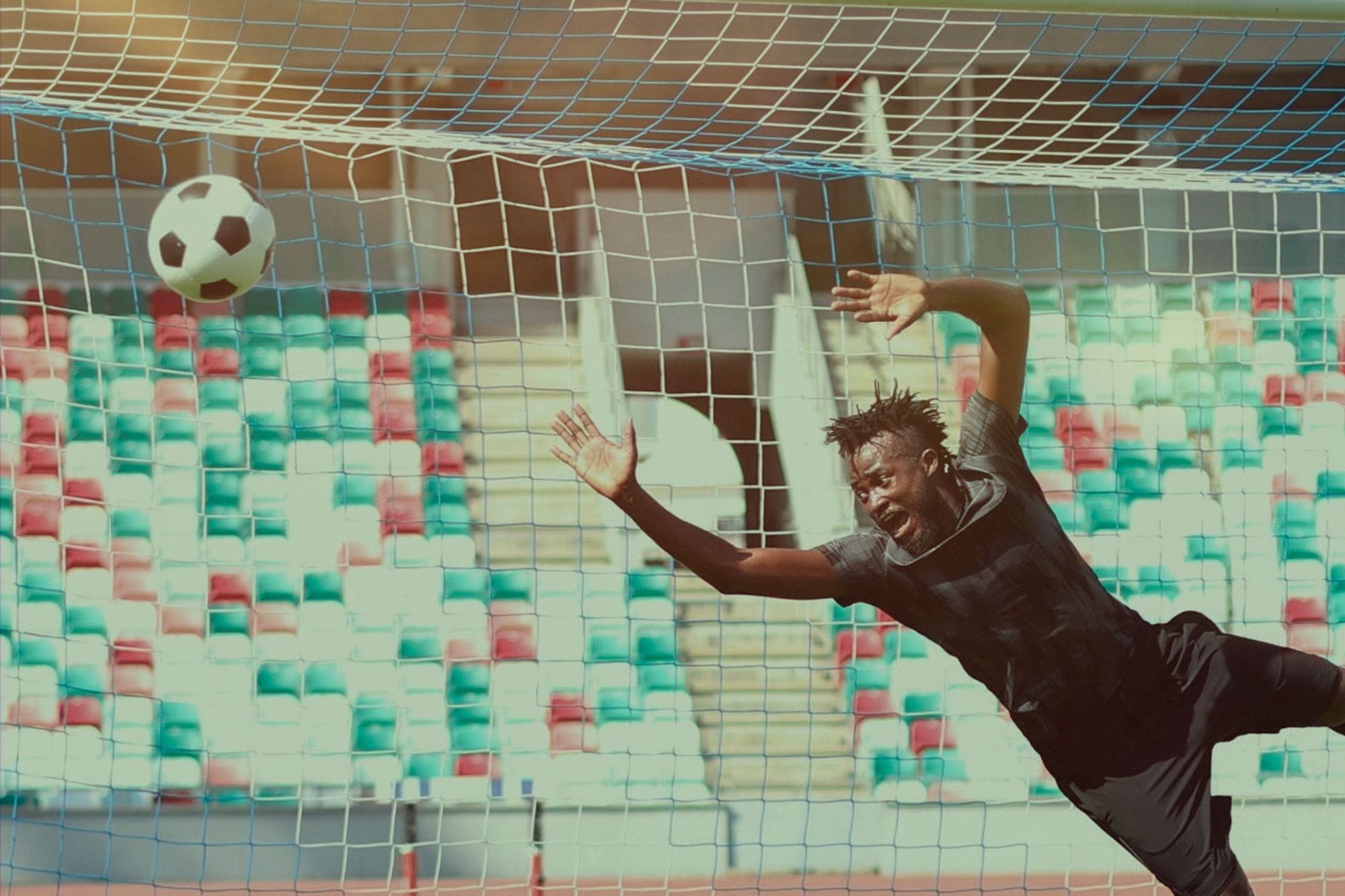
The goalkeeper’s transformation: discover his evolving role in modern football
Antoine Roex, Keeper In Motion – 20 June 2024
Explore how the role of the goalkeeper has evolved in contemporary football. From last line of defence to strategic player on the pitch, this article analyses the new skills and responsibilities of goalkeepers in the modern game. Understanding this evolution will enable you to grasp the tactical impact and increased demands placed on goalkeepers, which are crucial to the success of today’s teams.
The goalkeeper as a key element in the construction game
In modern football, the role of the goalkeeper has expanded far beyond simply defending goals. Goalkeepers are now crucial players in the construction of their team’s game, using their passing skills to help establish numerical superiority in their own half of the pitch. This change requires not only excellent ball control, but also the ability to make quick decisions under pressure, a skill that is becoming as crucial as their ability to stop shots.
Technical skills and footwork
Modern goalkeepers must have a high level of technical skill, particularly when it comes to footwork. They are often called upon to play an active part in the game, turning defensive situations into attacking opportunities through precise passes over long distances. This evolution towards “playing goalkeepers” requires not only good passing technique, but also the ability to read the game and anticipate the opponent’s movements.
Involvement in set-piece phases
In addition to their traditional responsibilities, modern goalkeepers play a strategic role during set-piece phases, such as corners and free-kicks. They have to organise the defence, communicate effectively with their team-mates, and sometimes even contribute directly to the attack. Their ability to lead from the back is essential in countering threats and exploiting weaknesses.
Leadership and communication
The need for effective communication and leadership from goalkeepers has never been more critical. With a complete view of the pitch, they are often best placed to direct the defence and adjust positioning according to developments in the game. This ability to guide and influence play makes the modern goalkeeper a veritable defensive conductor, essential for maintaining the team’s organisation and efficiency on the pitch.
The goalkeeper in modern football is much more than just a last line of defence; he is a central pillar of the game’s strategy, involved in both defending and constructing play. This changing role demands a wide range of skills, from technique to leadership, which are essential if they are to adapt and excel in contemporary football.
